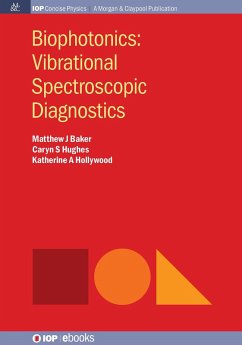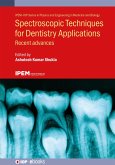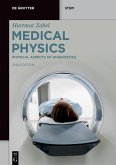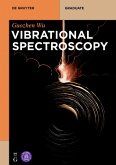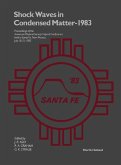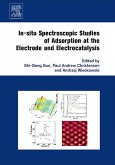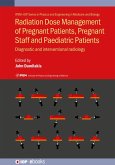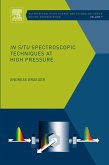Biophotonic diagnostics/biomedical spectroscopy can revolutionise the medical environment by providing a responsive and objective diagnostic environment. This book aims to explain the fundamentals of the physical techniques used combined with the particular requirements of analysing medical/clinical samples as a resource for any interested party. In addition, it will show the potential of this field for the future of medical science and act as a driver for translational across many different biological problems/questions.
Dieser Download kann aus rechtlichen Gründen nur mit Rechnungsadresse in A, D ausgeliefert werden.

